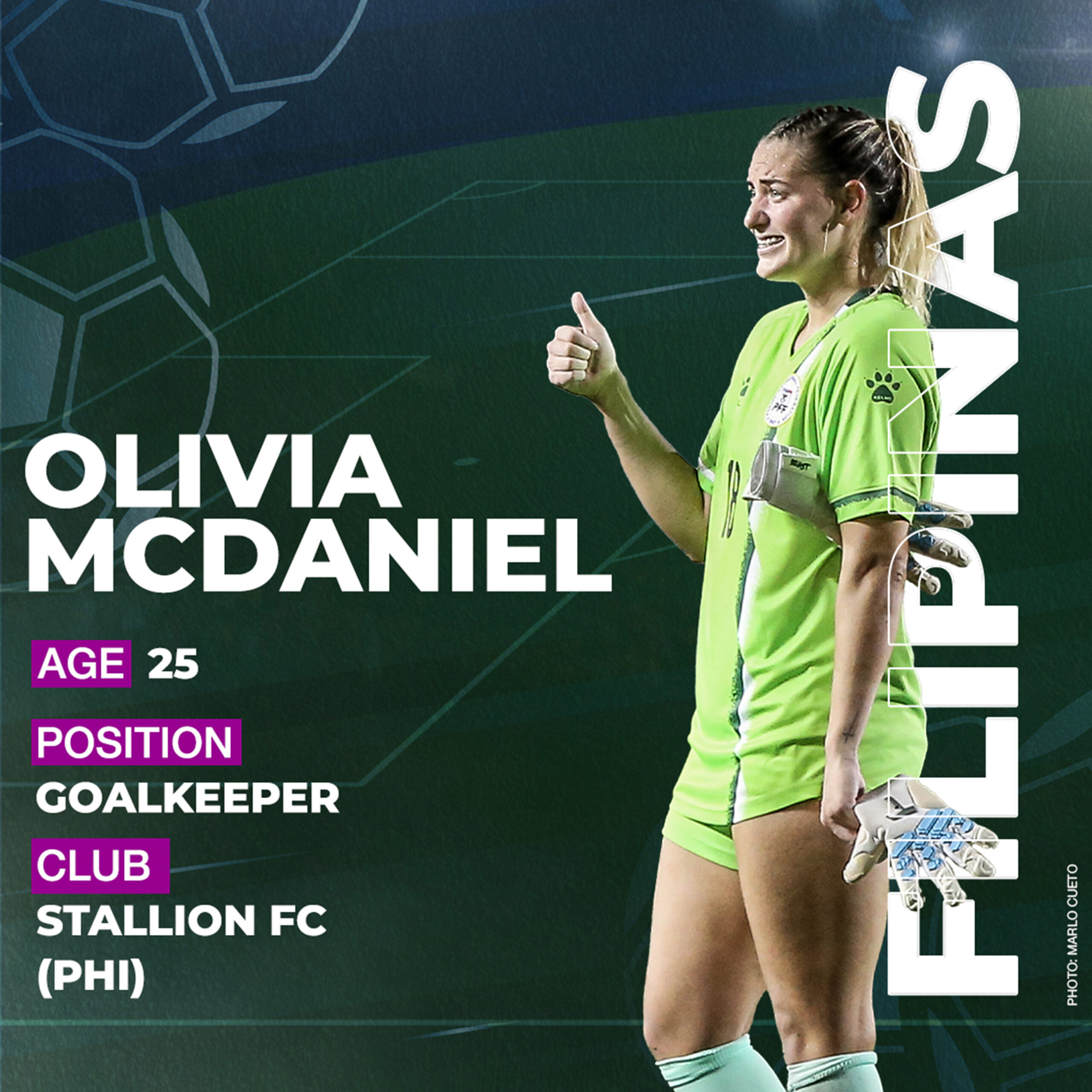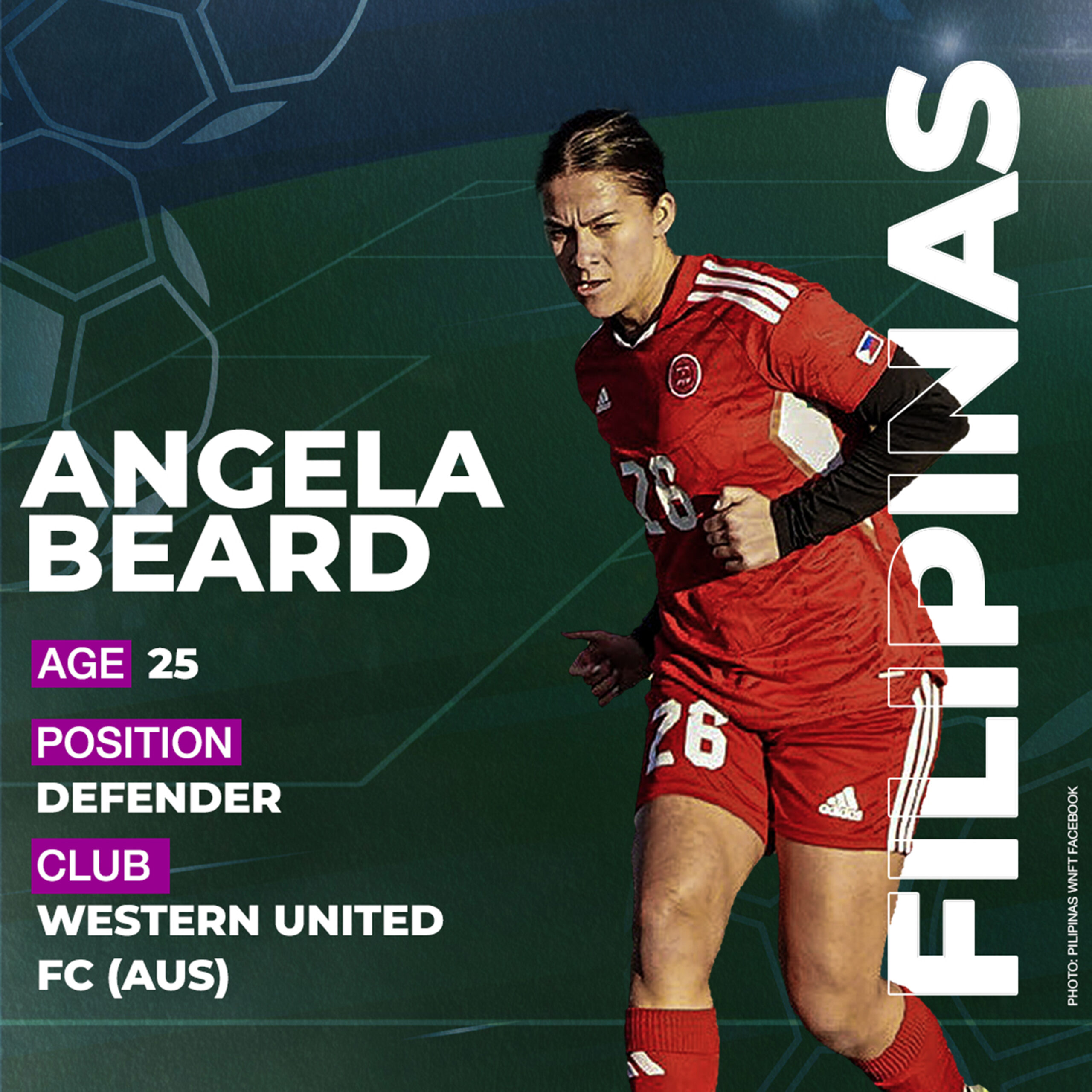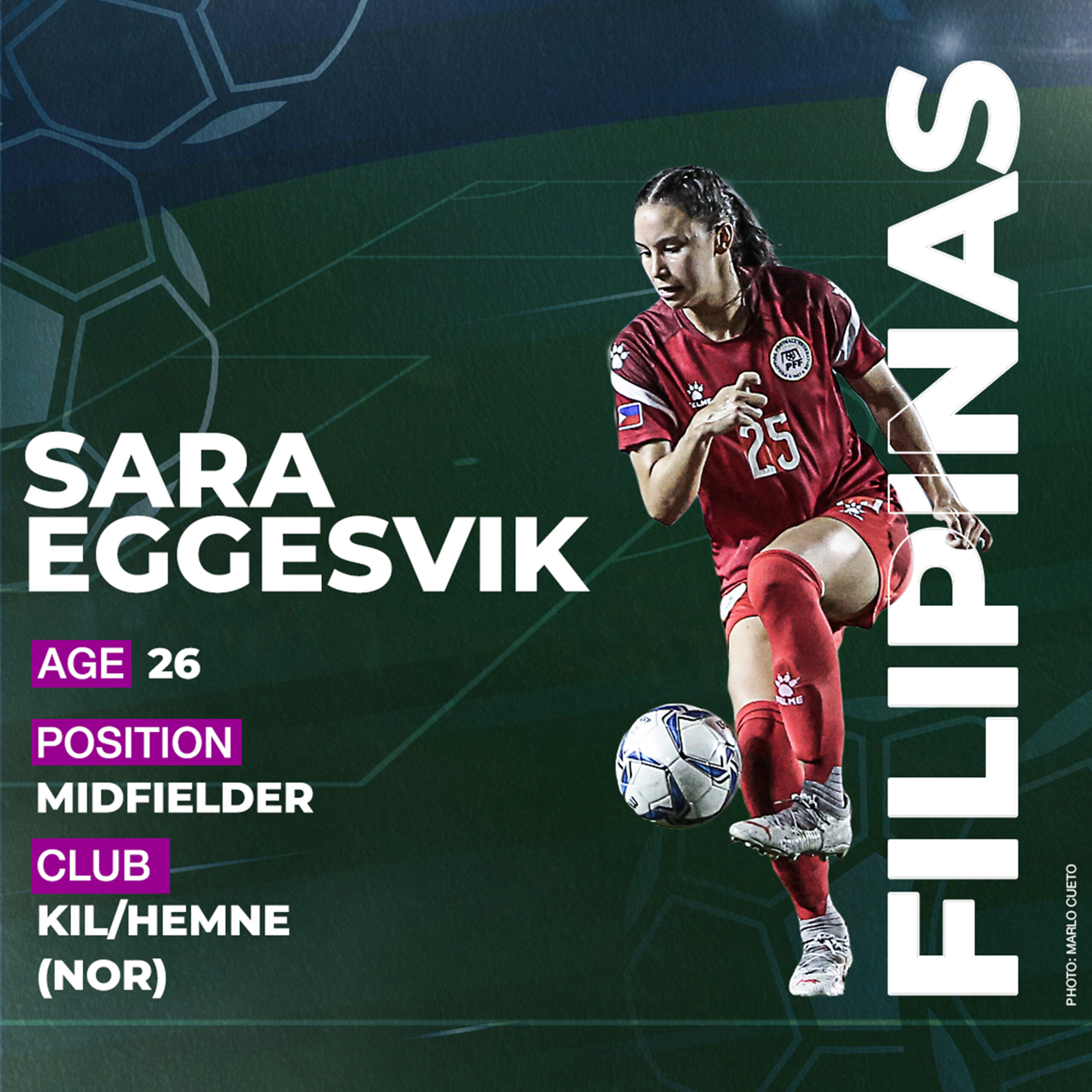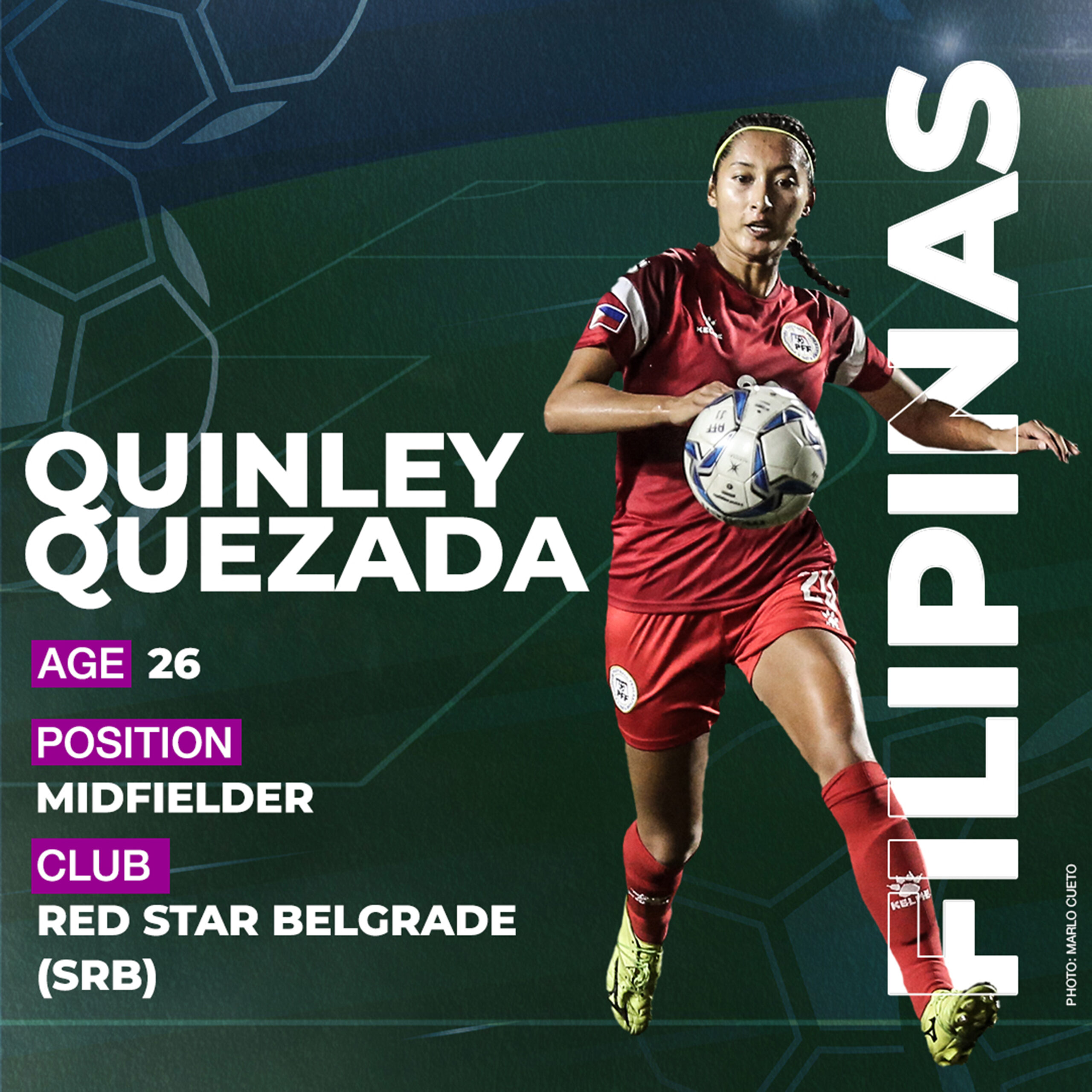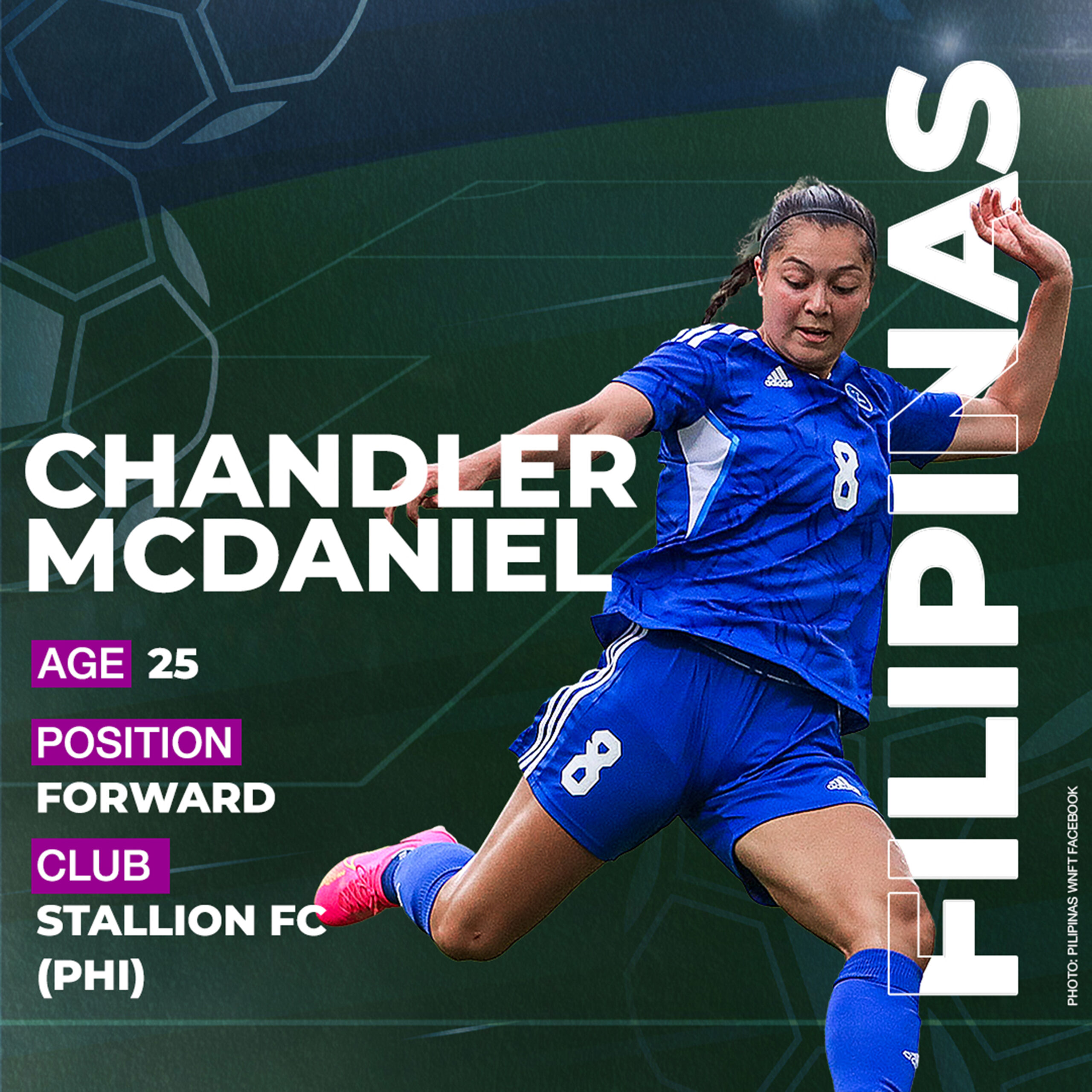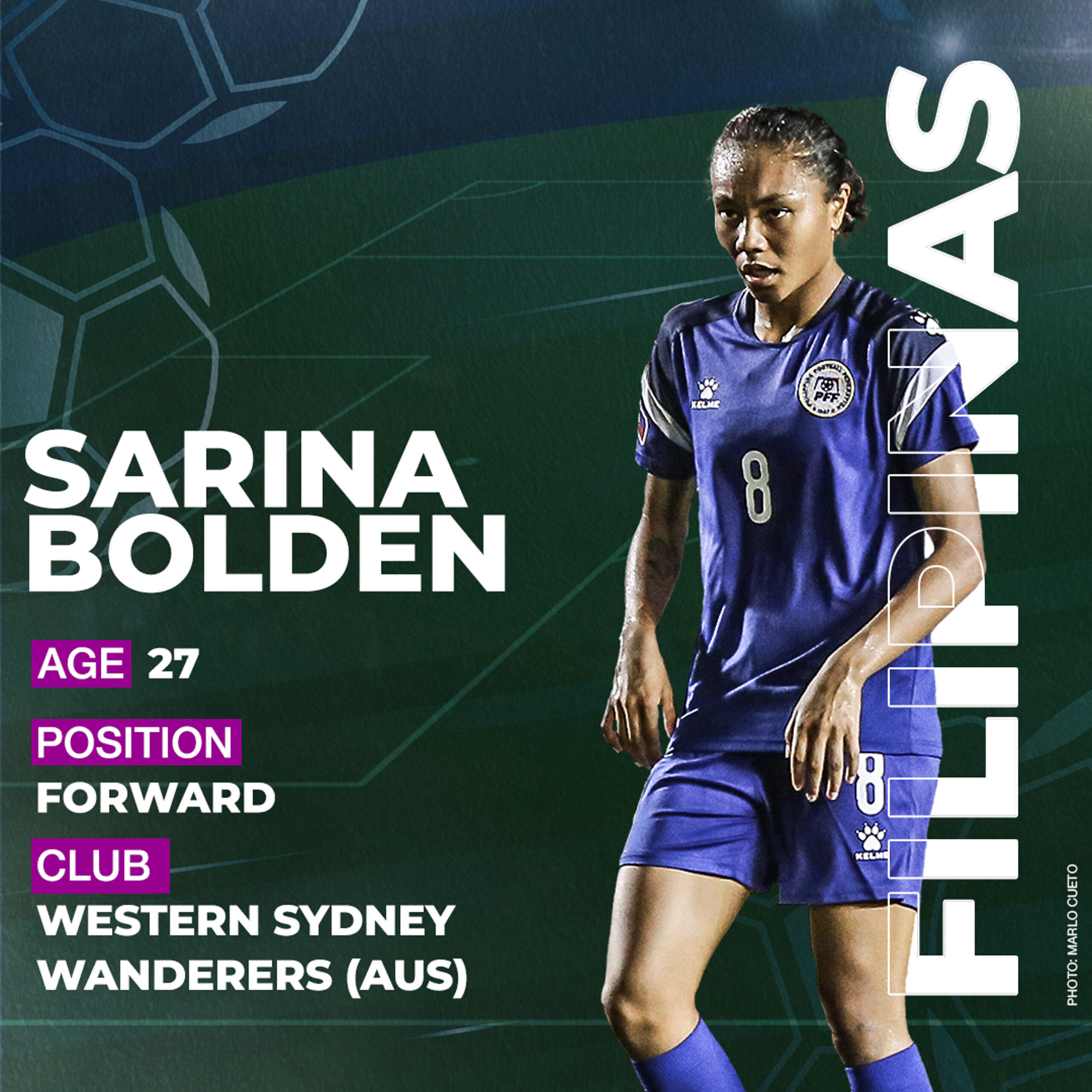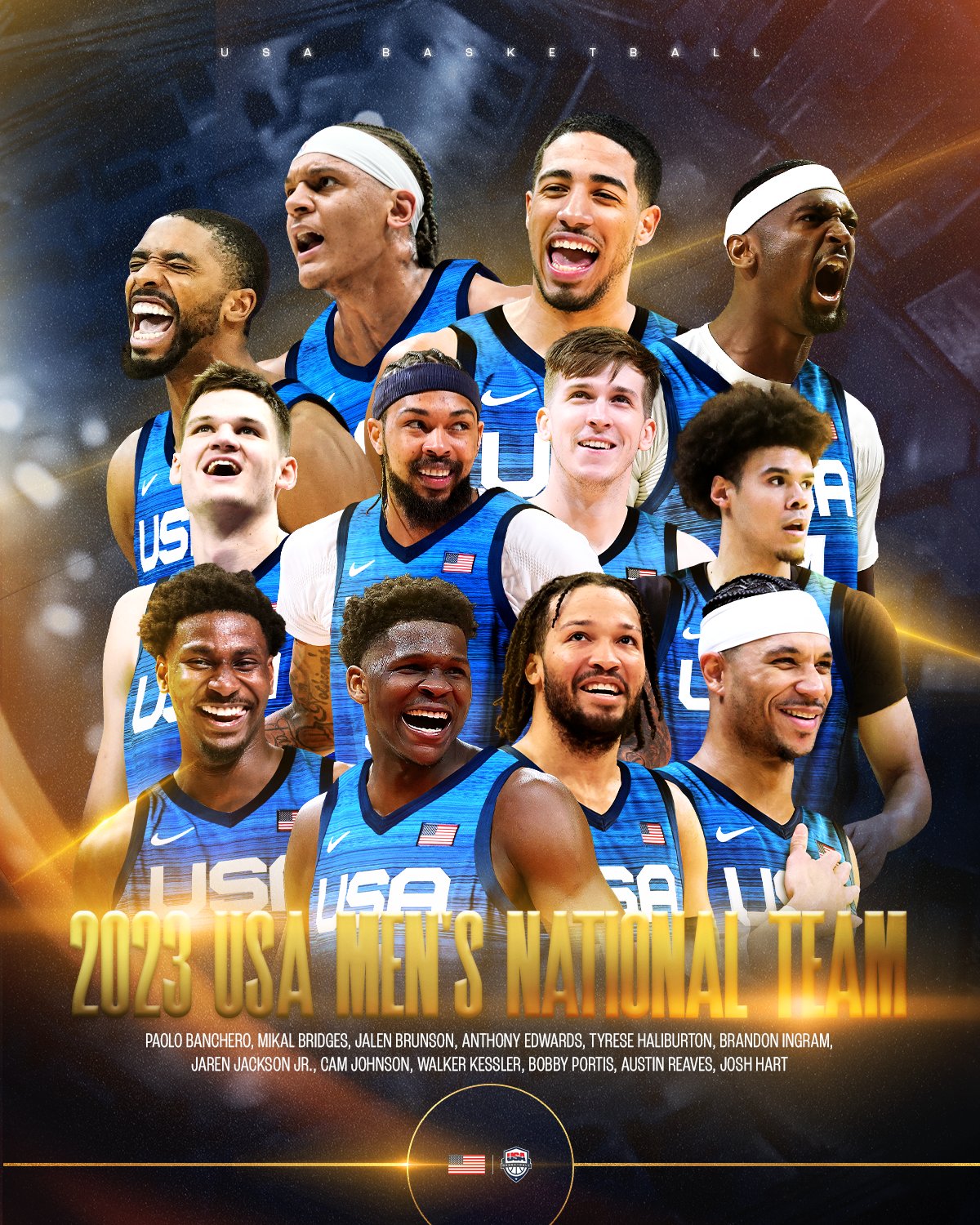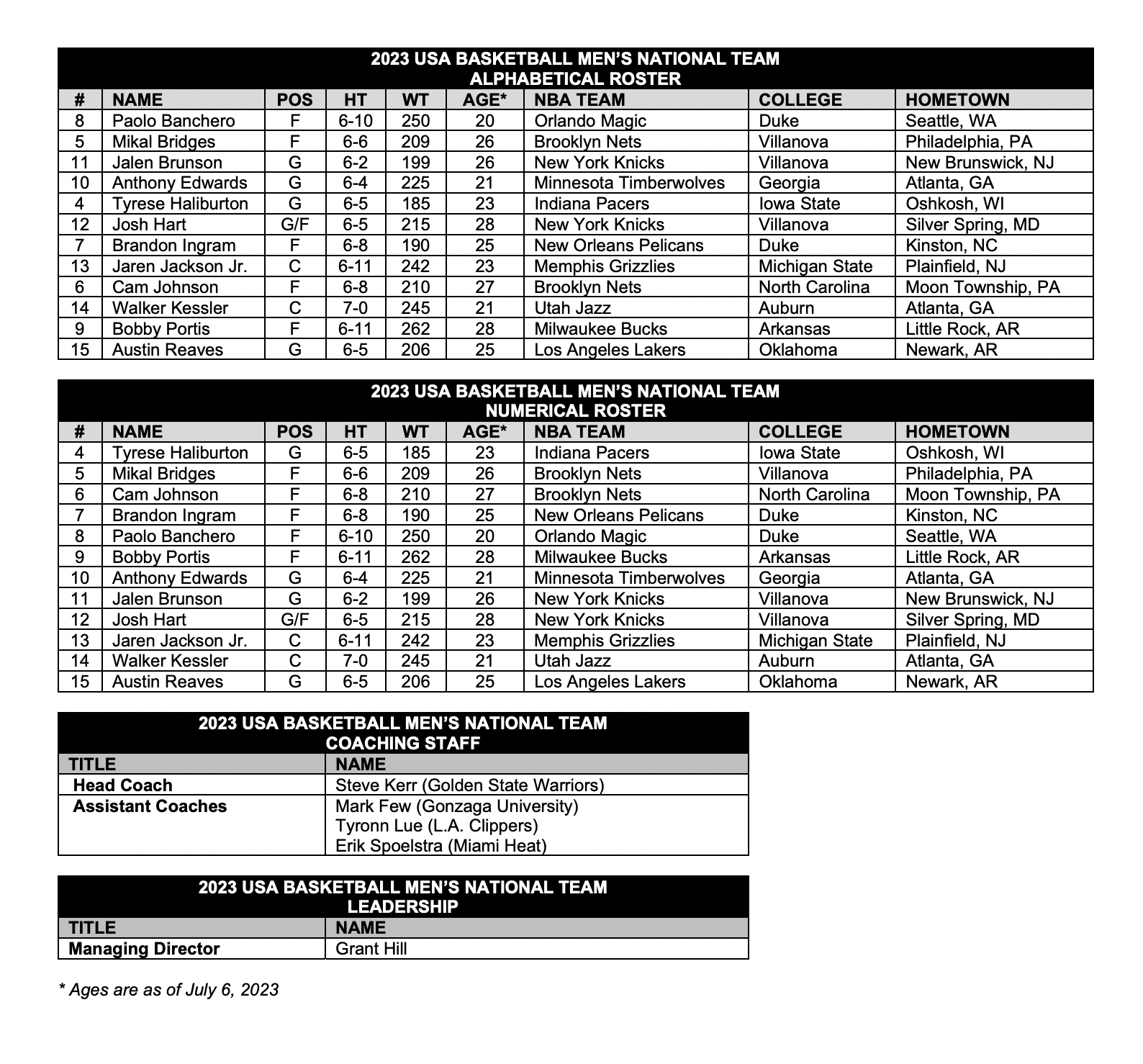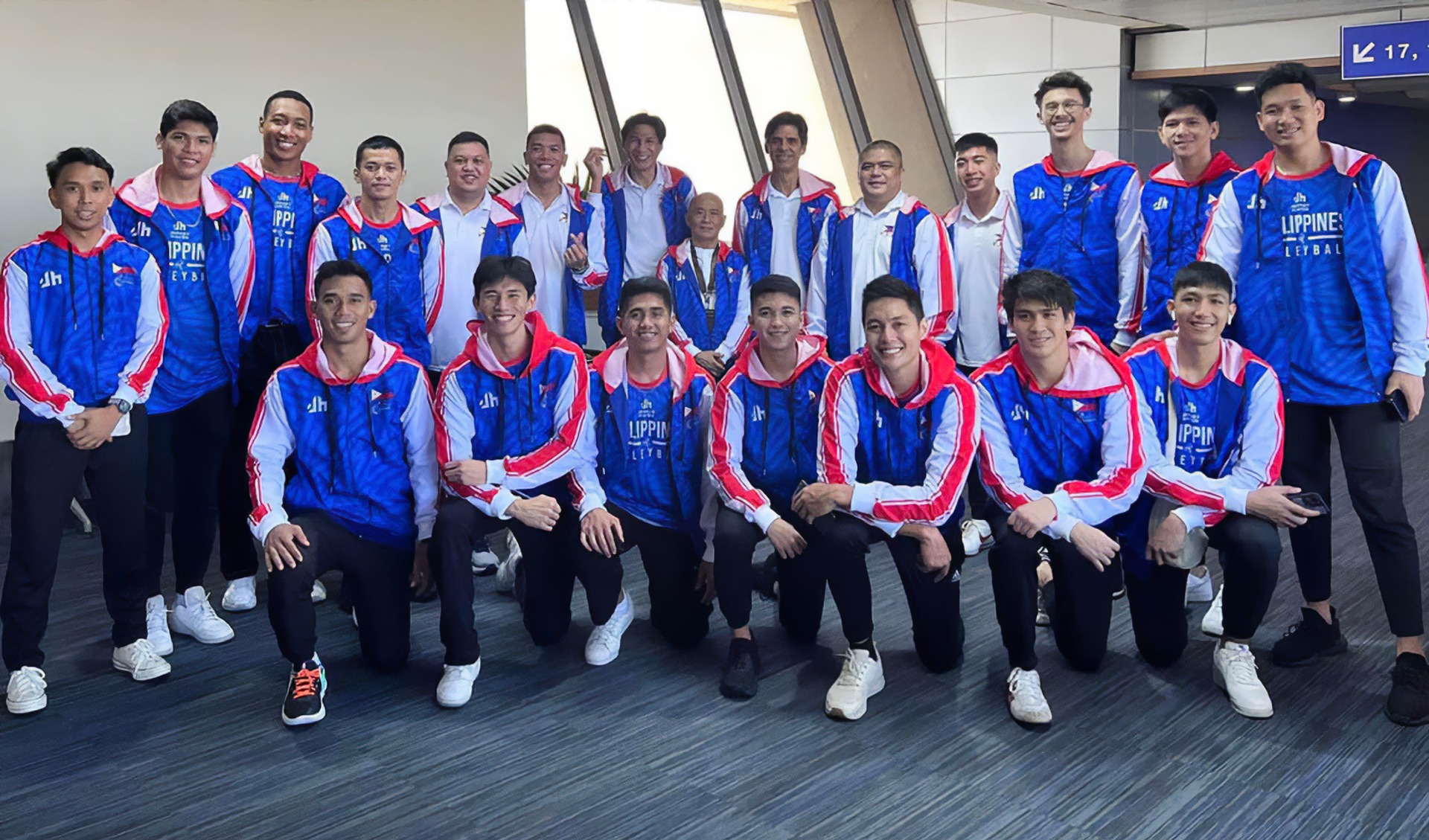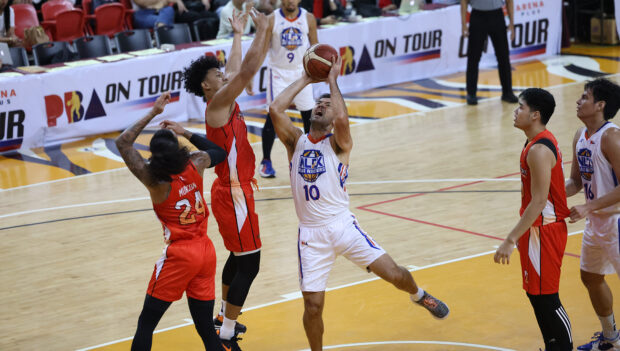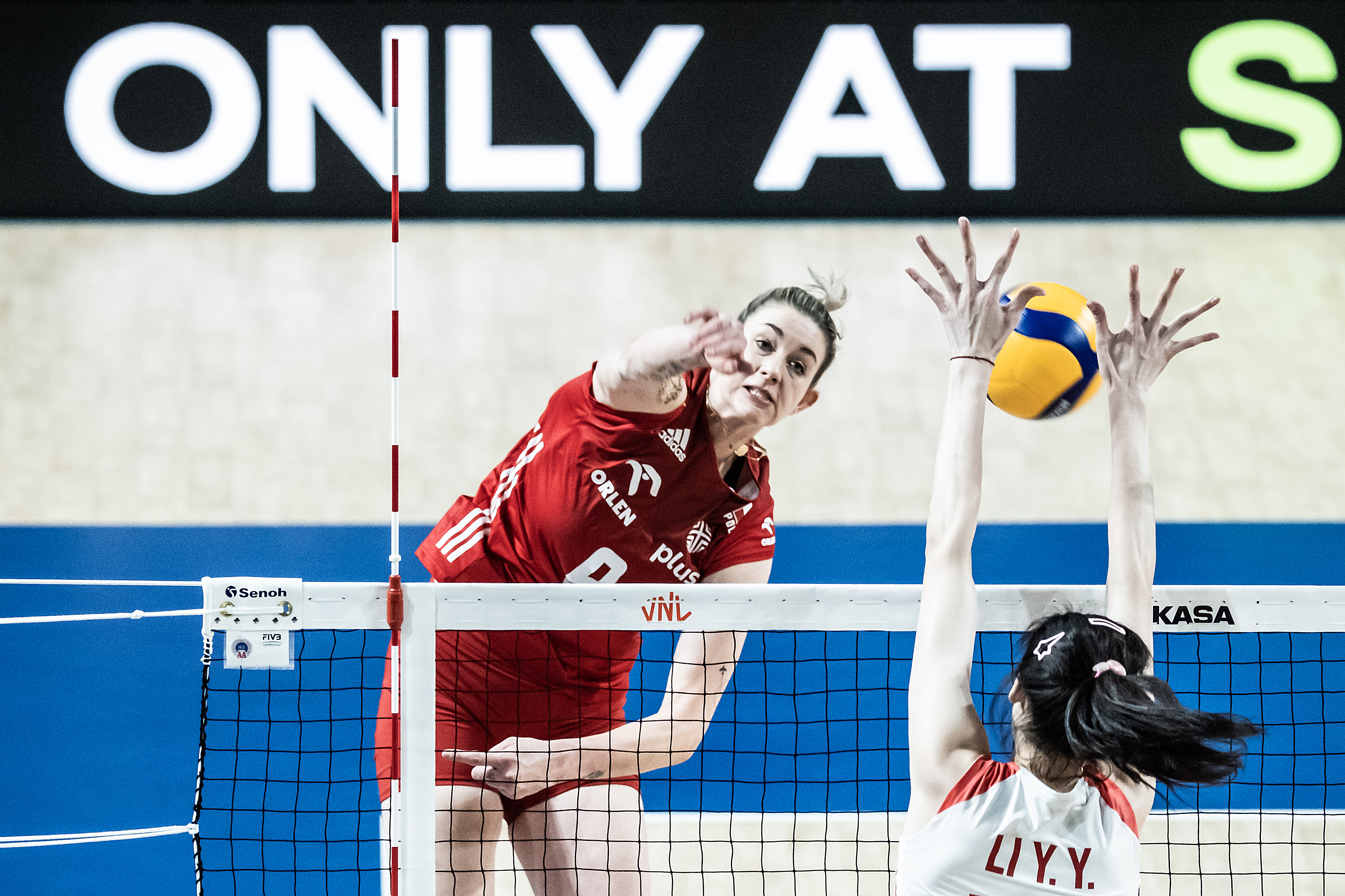If there was one consensus theme about this Mavericks roster at the end of the regular season, one where Dallas somehow finished 11th in the West despite Luka Doncic racking up another first-team All-NBA selection, it was simple: Change.
“Something’s got to change, you know?” Doncic himself admitted to reporters after the season ended. “For sure. I mean, last year when we went to the Western Conference finals we were having fun. I always talk about the chemistry we had. It was great, but something’s got to change, for sure.”
Something’s got to change. That prevailing thought rang throughout the Mavericks organization, apparently, because in a few short months, a lot has changed about the Mavericks — and for the better. If last season was a wake-up call for the entire organization — players, coaches, and front office — then this summer it’s obvious the message was received loud and clear.
Dallas had limited options entering the offseason, and with the recent acquisition of Celtics forward Grant Williams, the Mavericks have appeared to thread the needle of making improvements despite being hamstrung by years of roster-building errors. Consider this: the Mavericks entered this summer with the 10th overall pick, no cap room, and a gaggle of players the team wanted to trade, but obviously it’s much more difficult to trade out players after a bad season than a good one. Even with the limited resources, the Mavericks brought in Dereck Lively and Olivier-Maxence Prosper through the draft, Seth Curry and Dante Exum via free agency, and now traded for Williams, only losing Reggie Bullock from its main rotation. Dallas maneuvered in such a way that this organization quite frankly hasn't done in decades. Where one time Dallas was considered cutting-edge, forward-thinking, the inertia of Mark Cuban’s ownership and the front office malaise that followed eventually took its toll. It’s not surprising that the Mavericks' most successful offseason in years happened after the largest shakeup to the front office since Cuban bought the team. It wasn’t just new general manager Nico Harrison — it was removing the stuff that had gone stale with a fresh set of eyes. Out went Nelson, Rick Carlisle, Haralabos Voulgaris. In came Harrison, along with Jason Kidd, cap whiz Andrew Baker, former Jazz GM Dennis Lindsey, plus an increased voice and role for Michael Finley, who has been part of the front office for years, but finally feels like a forward-facing voice of the organization’s strategy.
This might not seem like a lot, but it truly is for a team that hasn’t had a lot of front office movement since Cuban first bought the team in 2000. Remember one of the few times the Mavericks tried to bring in a prominent voice to freshen up their front office? Yes, that was when Dallas hired Gerrson Rosas in 2013 as the ‘new general manager’, but then he left three months later due to disputes over the role and power he would have within the organization. Contrast that to the recent hiring of Lindsey, whose input appears to be welcomed with open arms as the Mavericks took a worthy flyer on former Lindsey draft pick Dante Exum and hired well-respected Jazz coach Andrew Jenson. This is an organization that twice spurned Tyson Chandler, the greatest center in franchise history, to now bring him back into the fold as a player development coach, helping mentor the Mavericks' new draft pick, Dereck Lively. If you told me sometime in 2016, after the Mavericks spurned Chandler for a second time to chase a big fish, that he’d be working with the team again, I’d call you crazy. It’s obvious Dallas took the embarrassment of last season’s pitiful finish as a call to action, and not just for the roster. The Mavericks, for the first time in at least a decade, feel like they’re moving forward in a meaningful, sustainable way.
Focusing on Williams himself, the sign-and-trade is a home run in just about every way you can look at it. Williams’ 4-year, $54 million deal is not only a fairly priced contract for a player of Williams’ current talent, but it will only continue to look like a steal down the road as the NBA’s salary cap keeps increasing. He fills an immediate position of need, is young, athletic, and with room to grow, only turning 25 this November. Williams is not the dynamic forward the roster truly needs to complete its rebuild back into legitimate title contention, but he helps and helps in a big way for a team that was not only starved of defense last season but size and gerth on the wing.
The dirty secret about Williams joining the Mavericks is that he’s awfully similar to the players he’s replacing — Bullock, who the Mavericks sent out to acquire Williams, and Dorian Finney-Smith, who was traded for Kyrie Irving in February. Williams isn’t a major threat off the bounce, doesn’t drive too often into the paint, and his shot diet mostly consists of spot-up threes set up by his teammates. Last season 79 percent of Williams’ field goals were assisted, and he only averaged 2.4 drives per game. For reference, last season Finney-Smith and Bullock averaged three and 0.4 drives per game, respectively, with 84.7 percent of Finney-Smith’s field goals assisted and Bullock’s at 95.3. So some improvement there for sure, but not a drastic enough one to think Williams will play a much different role than the one he played in Boston. With the Celtics, Williams wasn’t much more than a spot-up guy, as he barely finished any possessions as a cutter or the roll man in the pick-in-roll.
That’s an area where the Mavericks could tap some potential. Williams only finished 0.5 possessions per game as a roll-man in the pick-and-roll, which feels like something that can be increased greater in Dallas next to Doncic and Irving. Williams should be a bigger pick-and-pop threat than he was in Boston and his three-point catch-and-shoot numbers have been fantastic in the last two seasons (38.6 last season, 41.7 the season before). Williams brings something that the Mavericks desperately need, aside from defense — a shooter that was good at shooting before playing with Doncic. Williams is a career 38 percent shooter from deep and hovered around 40 percent the last two seasons. Instead of Doncic needing to unlock something from Williams, Williams comes ready-made to bomb away. The Mavericks were already a fantastic three-point shooting team last season, Williams just adds fuel to that fire. Boston at times struggled last season without a true, elite playmaker. Now Williams will get spoonfed the most open looks of his entire career by the greatest three-point shot creator in the league in Doncic. It’s not hard to imagine Williams breaking through his career-high in points per game set last season of 8.4.
Defensively is where the bulk of Williams’ talents will truly shine. Although not exceptionally tall at 6’6, Williams played above his height the last few seasons thanks to some impressive strength, good length, and quick feet. Perhaps the most famous example of Williams’ ability to man up was when he played well against Giannis Antetokounmpo in the 2022 playoffs. Williams had a fantastic Game 7 in their semi-finals matchup, scoring 27 points, drilling seven three-pointers, and helping hold Giannis to 10-of-26 shooting. Williams has long been tasked with doing a lot of the dirty work for those Boston teams, guarding the likes of Giannis and recent MVP Joel Embiid. That type of defensive versatility and ability to switch makes Williams a decent Maxi Kleber replacement, or at least someone that can fill Kleber’s role. Considering how much the Mavericks have relied on Kleber over the last three years and the toll that’s taken on his body, Williams should not only add with his ability alone, but perhaps keep Kleber fresher throughout the season, and not put the entire pressure of the Mavericks defense on his shoulders. Dallas was so anemic defensively last season that Williams will make an impact right away, even if the Mavericks don’t add anything additional to their roster.
If there are any negatives or drawbacks, they’re mostly nitpicks. Williams will do nothing for the crunch the Mavericks feel at the end of games, relying on Doncic and Irving to do all of the creation, with a lack of dribbling and driving around them. Williams curiously fell out of favor in the Celtics rotation recently, especially in the playoffs, where Williams’ on/off numbers were not too kind — the Celtics were better and guarded better with Williams off the floor in the 2023 playoffs, according to data from NBA.com. How much of that is noise and how much of that is real could swing how well Williams fares in Dallas, but Boston had a very weird season, chemistry-wise, last season. Perhaps a fresh setting will do wonders for Williams. The best part about these potential negatives? Williams, again, only turns 25 in November. While it might be a little impractical to expect Williams to be an off-the-dribble dynamo by the time he’s 28, at least the Mavericks are working with a player that still has room to grow, as opposed to the previous acquisitions of guys already tapped out and near 30.
Again, beyond the promise of Williams’ talent and ability mixing with Doncic and Irving, the move to acquire him goes far beyond what it means simply on the court. The Dallas Mavericks hit their lowest point last season, a type of failure that is almost impossible with a talent as bright and young as Doncic. It was never going to be fixed in one summer, but smart teams make it work. After the moves made so far, we can finally say the Mavericks might be one of those again.
You can listen to our latest podcast episode in the player embedded below, and to make sure you don’t miss a single one moving forward, subscribe to the Pod Maverick podcast feed on iTunes, Spotify, Stitcher, Google Podcasts, Pocketcasts, or Castbox
You can check our our After Dark Recap podcasts, Spotify Live recordings, Moneyball Minute shows, and guest shows on the Pod Maverick Podcast feed. Please subscribe, rate, and review.
Adblock test (Why?)
The Mavericks acquisition of Grant Williams shows the organization is finally moving forward - Mavs Moneyball
Read More



:quality(70)/cloudfront-us-east-1.images.arcpublishing.com/advancelocal/22TYY437D5G2JN5Z3LFLVHRIKE.jpeg)

